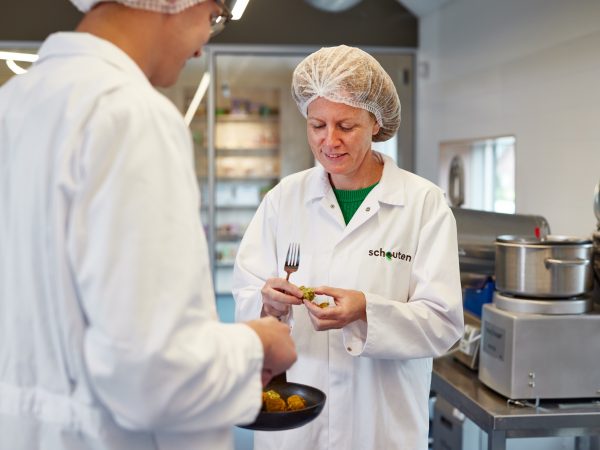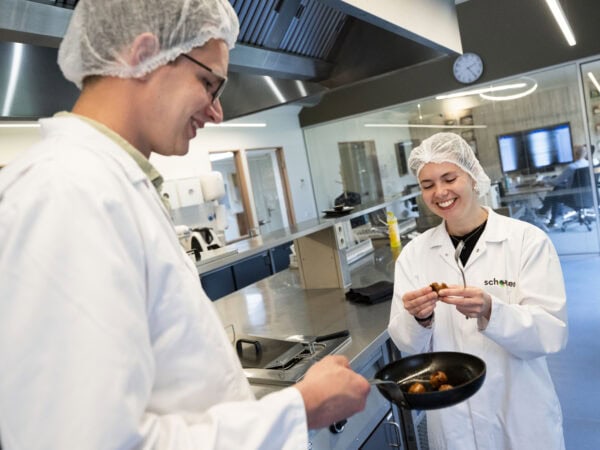Recalls: About prevention and being well prepared
Nobody likes recalls. Yet they occur. For example, 2021 was dominated by ethylene oxide for the European food industry. At Schouten we escaped the run-around. What do we do to prevent recalls? And how do we prepare for it?

In terms of recalls, 2021 was a special year internationally. In previous years, it was mainly about recalls in the field of pathogens in the product, foreign parts, and incorrect labels; in 2021, it was mainly about the recall of foods with the pesticide ethylene oxide. The recalls had a major, industry-wide impact, as the substance was found in multiple product groups and categories.

How Schouten tries to prevent recalls
To keep unwanted substances out of our products, Schouten works with HACCP. As part of prevention, we use a risk inventory for the raw materials and end products to be purchased: on the basis of risks and information from European recall notifications (RASFF), we scale up raw materials and end products and monitor them.

We regularly update this inventory. We do this on the basis of events in the market, among other things. The seriousness of the situation surrounding ethylene oxide shows that risk management is constantly evolving, and that we must remain critical of our raw materials, processes, and end products.

How Schouten prepares for possible recalls
Because the impact of a possible recall is significant, we test our procedures every year. In order to continue to conduct these tests objectively, a third party will be auditing our recall procedure in 2022. The focus of the assessment is, among other things, on the way in which we scale risks and how we create awareness among colleagues.

We expect to receive valuable advice from this review. If we are faced with a recall in the future despite careful handling, we hope that this advice will not immediately surprise us.
“Because the impact of a possible recall is significant, we test our procedures every year.”
Laura van Tiel – C&R Manager
What about the ethylene oxide recall again?

The disinfectant and anti-fungal agent ethylene oxide was suddenly everywhere. Excessive levels of this carcinogenic substance were found in, among other things, turmeric, sesame seeds, and locust bean gum. The contaminated ingredients had come to Europe in various consignments from India, where ethylene oxide is permitted.
Because the ingredients were used in very different products, the damage from all rejected loads and the recalls for the food industry was high. Together with the entire industry, we hope that such recalls will not be necessary by 2022. If that is the case, Schouten is in any case prepared for it.







